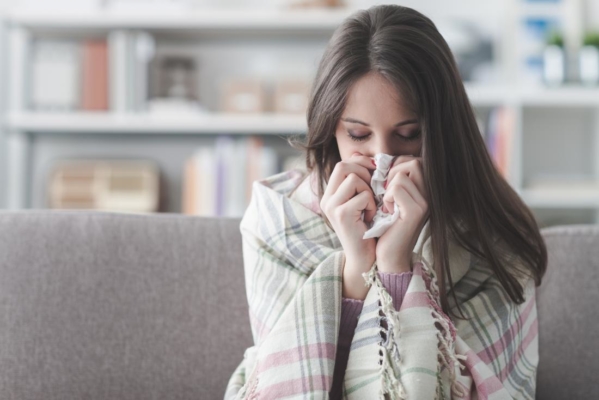As the cold and flu season approaches many people are starting to think about effective ways to boost their immune system and other preventive approaches. After all most of us can’t afford to get sick, especially in the current climate of the COVID-19 pandemic situation and hence prophylactic measures have a great importance. We know that prevention is better than cure.
So what can be done to reduce our risk of getting sick? How can we strengthen our immune system? Does exercise and physio play a role? We’ll explore the answers to these questions in this blog.
To answer the first two questions we’ll list some simple yet proven and effective strategies to boost our immune system and reduce the likelihood of getting sick:
- Making sure we eat a healthy diet (specifically one that’s high in raw vegetables and fruit)
- Drinking at least 6-8 glasses of water daily
- Getting regular exercise (aim for at least 3 hours of moderate exercise per week)
- Getting enough sleep (aim for 7-9 hours)
- Minimising stress levels
- Maintain a healthy weight
- Not smoking
- Ensuring that you practice frequent hand washing to reduce the risk of infection
We will now explore the third bullet point – getting regular exercise – in more detail. As you will see by ticking off that box you will also be well on your way to ticking off the fourth, fifth and sixth bullet points (sleep, stress and weight). That’s clearly a win.
Why is regular exercise so important when it comes to boosting our immune system? Firstly physical exercise activates respiratory and cardiovascular systems evident though an increase of our breath and heart rates. Both systems are extremely important in helping us fight off infections, particularly respiratory ones which are so common during the cold and flu season (1-4).
Exercise also makes us release endogenous opioids e.g. endorphins, enkephalins, the “happy” hormones which help with reducing anxiety in depression. In fact many studies have shown that exercise is just as effective for dealing with even moderate anxiety and depression as certain antidepressants (5). We will explore this topic in more detail in one of our upcoming blogs, so stay tuned. Thus, as we mentioned above, exercise will help with minimising stress levels, the fifth bullet point on our list for boosting our immunity.
When we exercise we also tend to sleep better. One way in which it does this is by boosting serotonin, a hormone involved in the sleep-wake cycle, which in turns helps to regulate our sleep. In fact, studies have shown exercise to be just as effective as certain sedative-hypnotic drugs in relieving insomnia: https://pubmed.ncbi.nlm.nih.go...
The sixth bullet point (maintaining a healthy weight) is, of course, also closely linked to getting enough physical exercise: https://www.cdc.gov/healthywei...
While aerobic exercise (jogging, swimming, walking etc.) is the primary form of exercise needed to achieve this goal, weights/resistance training is also very important in order to build up muscle mass and tone. Clinical Pilates is a very effective form of resistance training as it’s run by experienced allied health professionals, such as physios and exercise physiologists. This means that it’s a safe type of exercise for most people where they are fully supervised, hence reducing the risk of sustaining a serious injury during the sessions virtually to zero. Needless to say a combination of physical exercise and a healthy diet is the optimal formula in order to achieve and maintain a healthy weight.
References:
1. J. Chubak et al. Moderate-Intensity Exercise Reduces the Incidence of Colds Among Postmenopausal Women. The American Journal of Medicine (2006) 119, 937-942
2. S. A. Martin et al. Exercise and Respiratory Tract Viral Infections. Exerc Sport Sci Rev (2009) 37 (4): 157-164
3. T. O. Filgueira et al. The Relevance of a Physical Active Lifestyle and Physical Fitness on Immune Defence: Mitigating Disease Burden, With Focus on COVID-19 Consequences. Frontiers in Immunology (2021) vol 12, Article 587146
4. G. E. Furtado et al. Sustaining efficient immune functions with regular physical exercise in the COVID-19 era and beyond. Eur J Clin Invest (2021) e13485, 1-10
5. A. M Busch. Preferences for exercise as a treatment for depression. Mental Health and Physical Activity (2016) 10, 68-72

